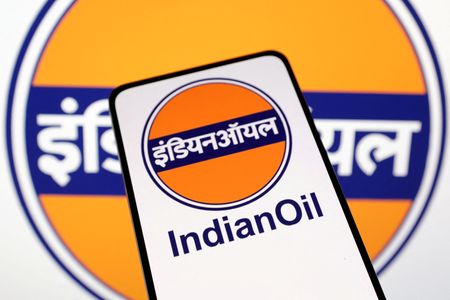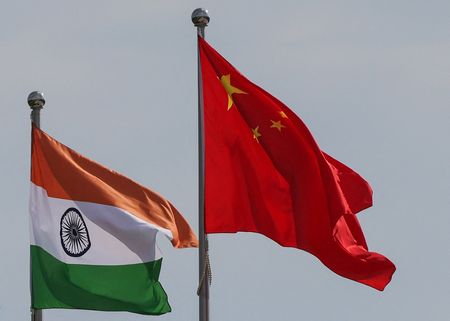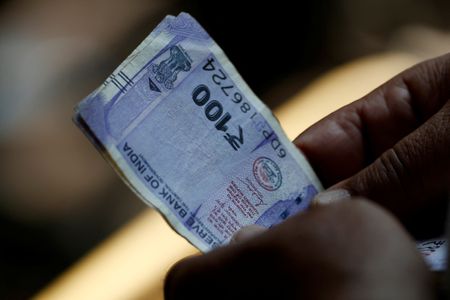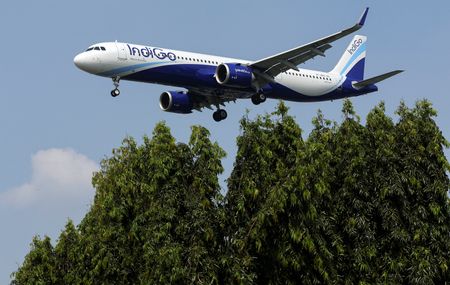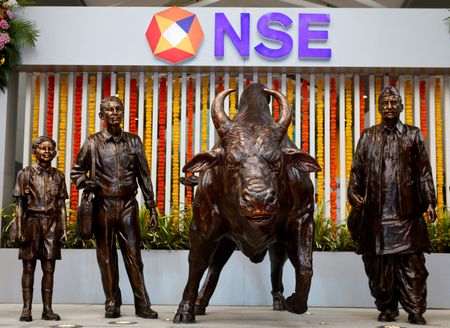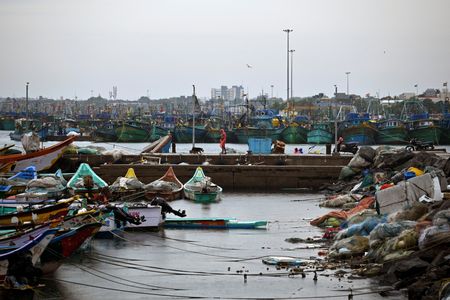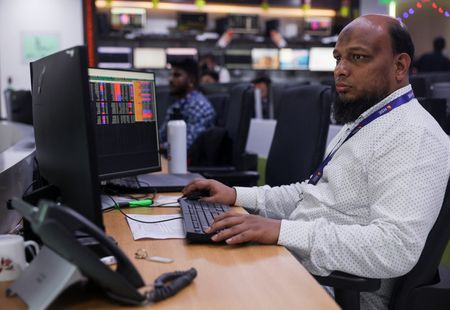By Manoj Kumar
NEW DELHI (Reuters) -India and the European Union agreed that issues related to steel, automobiles, carbon levies and other EU regulations require further discussions due to higher sensitivities, New Delhi said in a statement on Wednesday.
India’s Commerce and Industry Minister Piyush Goyal held talks with the European Commissioner for Trade and Economic Security Maros Sefcovic in Brussels during his October 26–28 visit, as both sides continued efforts to finalise a long-pending free trade agreement (FTA), the statement said.
The two sides reaffirmed their shared goal of concluding the FTA by the end of 2025, following the direction from Prime Minister Narendra Modi and European Commission President Ursula von der Leyen earlier this year.
Negotiations, relaunched in 2022, have accelerated since U.S. President Donald Trump’s re-election, with Brussels speeding up trade pacts with Mexico and the South American Mercosur countries and stepping up talks with India, Indonesia and the United Arab Emirates.
“We are working towards a balanced and equitable agreement that promotes transparent and predictable trade frameworks,” Goyal said, adding that the discussions were “productive and meaningful.”
The EU is India’s biggest trading partner in goods, with bilateral trade hitting $137.5 billion in the 2023/24 fiscal year, up nearly 90% over the past decade.
Both sides explored “possible landing zones” on outstanding issues and agreed to finalise non-sensitive industrial tariff lines.
India also reiterated the need for preferential treatment for labour-intensive sectors such as textiles and leather, while flagging concerns over the EU’s carbon levy, known as the border adjustment mechanism, and new regulatory measures.
Sefcovic said the talks reflected the “depth of political trust” between India and the EU and that both sides were “committed to finding fair solutions that strengthen trade and economic security.”
To advance the discussions, a technical team from the EU’s Directorate-General for Trade will visit India next week to work on potential solutions identified during the Brussels meetings, the statement said.
(Reporting by Tanvi Mehta; editing by Sudipto Ganguly and Christian Schmollinger)




